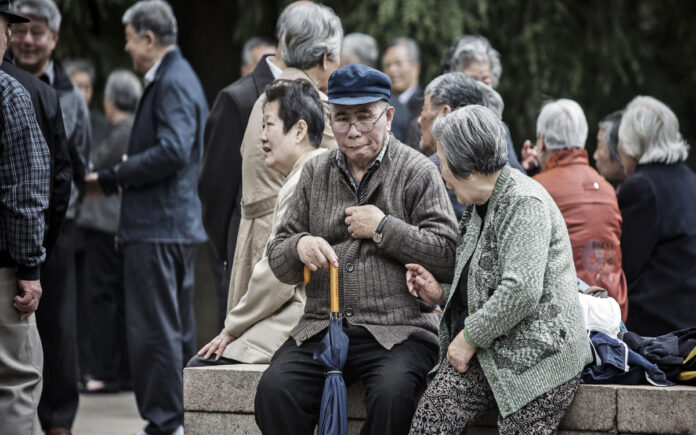Beijing: This week, China’s top legislative body reviewed a significant proposal to raise the country’s retirement age, a move designed to address the economic challenges posed by an aging population and a shrinking workforce. The plan marks a critical step toward overhauling long-standing labor laws and mitigating financial pressures on pension systems.
The ruling Communist Party announced in July its intention to gradually increase the retirement age. Currently, men retire at 60, a full six years earlier than in most developed nations. For women in white-collar roles, the retirement age is 55, and for those in factory work, it is 50. Extending the working years aims to relieve some of the financial strain on pension budgets, which are already under pressure from large deficits in many provinces. However, this change could also delay pension payouts and require older workers to remain employed longer, a prospect that may face resistance.
The proposal has sparked widespread discussion on Chinese social media. Following a report by the official Xinhua news agency, many expressed concerns about an increase in job seekers amid a limited number of job openings. “It is an inevitable choice for China to adapt to the new normal of population development,” said Mo Rong, Director of the Chinese Academy of Labour and Social Sciences, in a statement to the People’s Daily.
The urgency for reform is underscored by rising life expectancy in China, which reached 78 years in 2021, up from about 44 years in 1960, and is projected to exceed 80 years by 2050. At the same time, the working-age population, essential for supporting the elderly, is dwindling. By 2035, the number of people aged 60 and older is expected to surpass 400 million—equivalent to the current combined populations of Britain and the United States.
Also Read | Hurricane Francine Triggers Evacuations and Shutdowns in Louisiana
Currently, each retiree is supported by the contributions of five workers, down from ten a decade ago. This ratio is anticipated to fall to 4-to-1 by 2030 and 2-to-1 by 2050. According to finance ministry data, eleven of China’s 31 provincial-level jurisdictions are already facing pension budget deficits, and the state-run Chinese Academy of Sciences forecasts that the pension system could be depleted by 2035.
Also Read | OpenAI’s ‘Strawberry’ AI Model to Launch in Two Weeks: A Leap in Reasoning Capabilities
Draft changes to the retirement age law are expected to be released for public feedback in the coming weeks. More than 100,000 individuals commented on Weibo in response to Xinhua’s post, voicing concerns about worsening unemployment for younger people and the potential impact on older workers facing delayed retirements. One Weibo user remarked, “Young people cannot find jobs, middle-aged people are worried about being laid off, and now there is another problem: the elderly can’t retire.”



